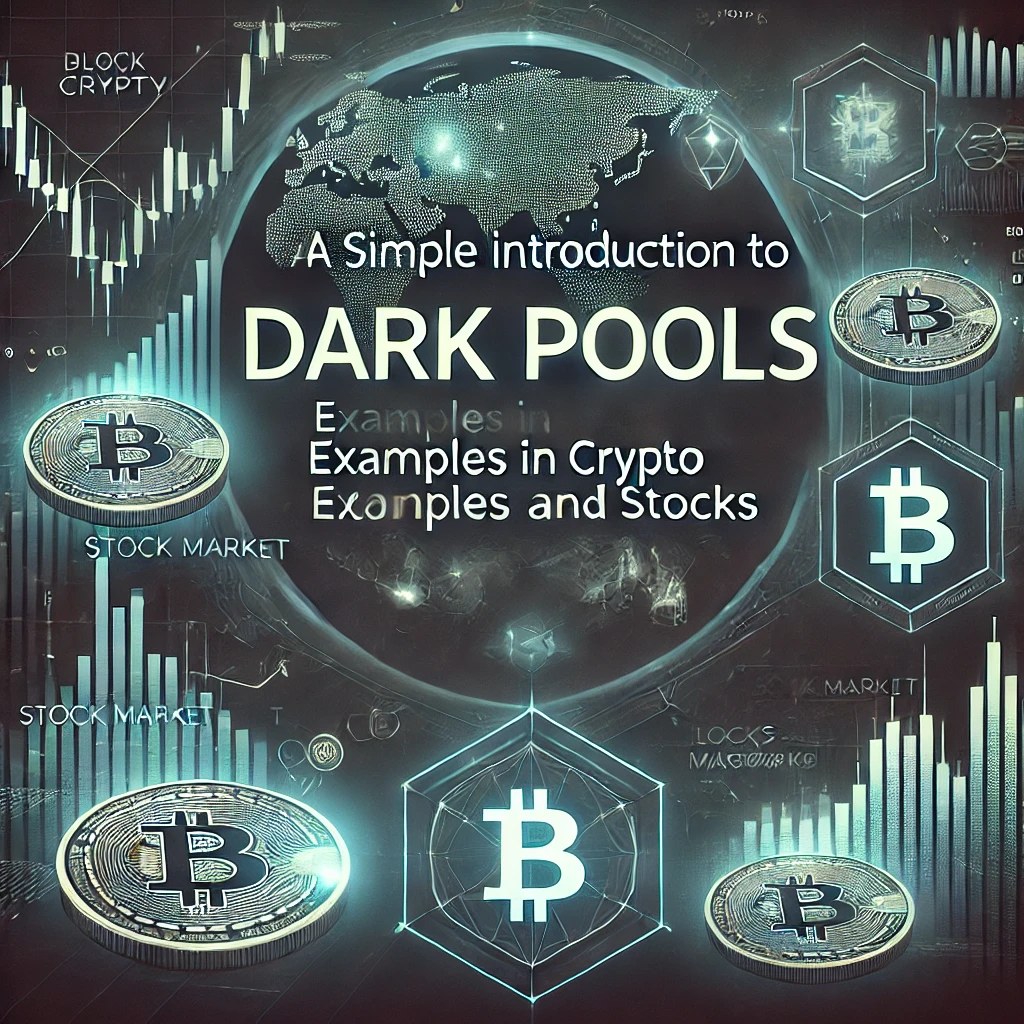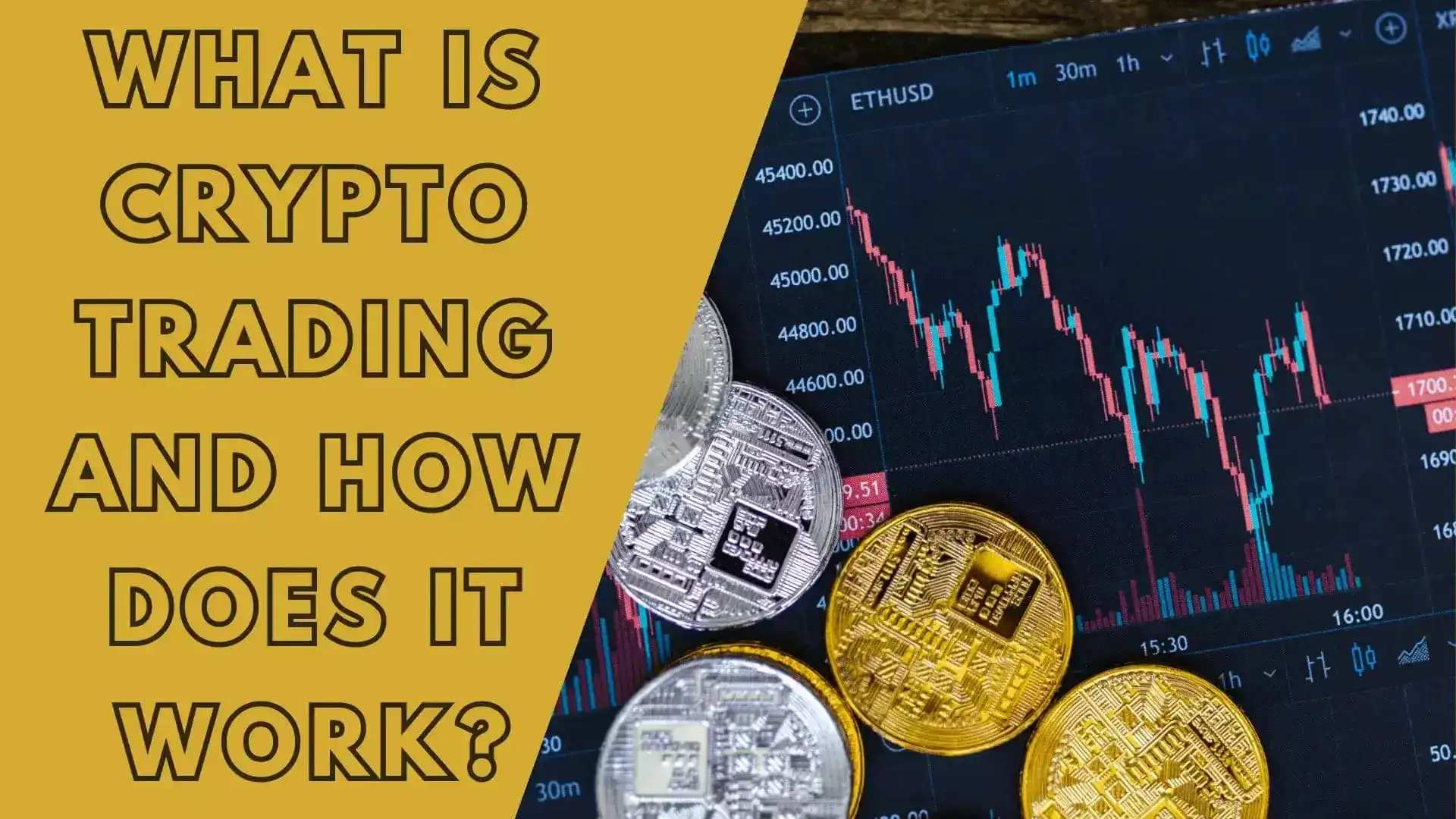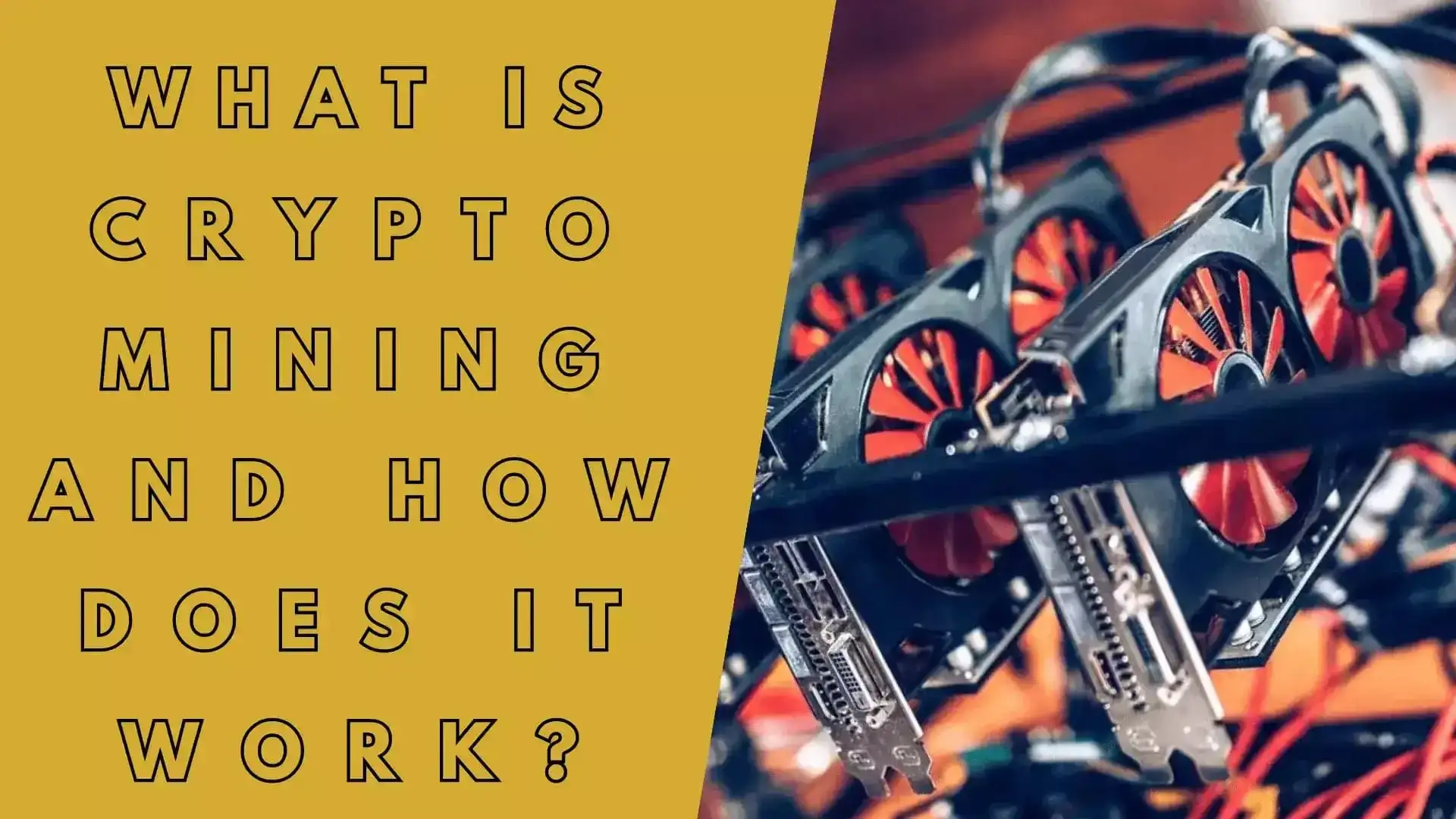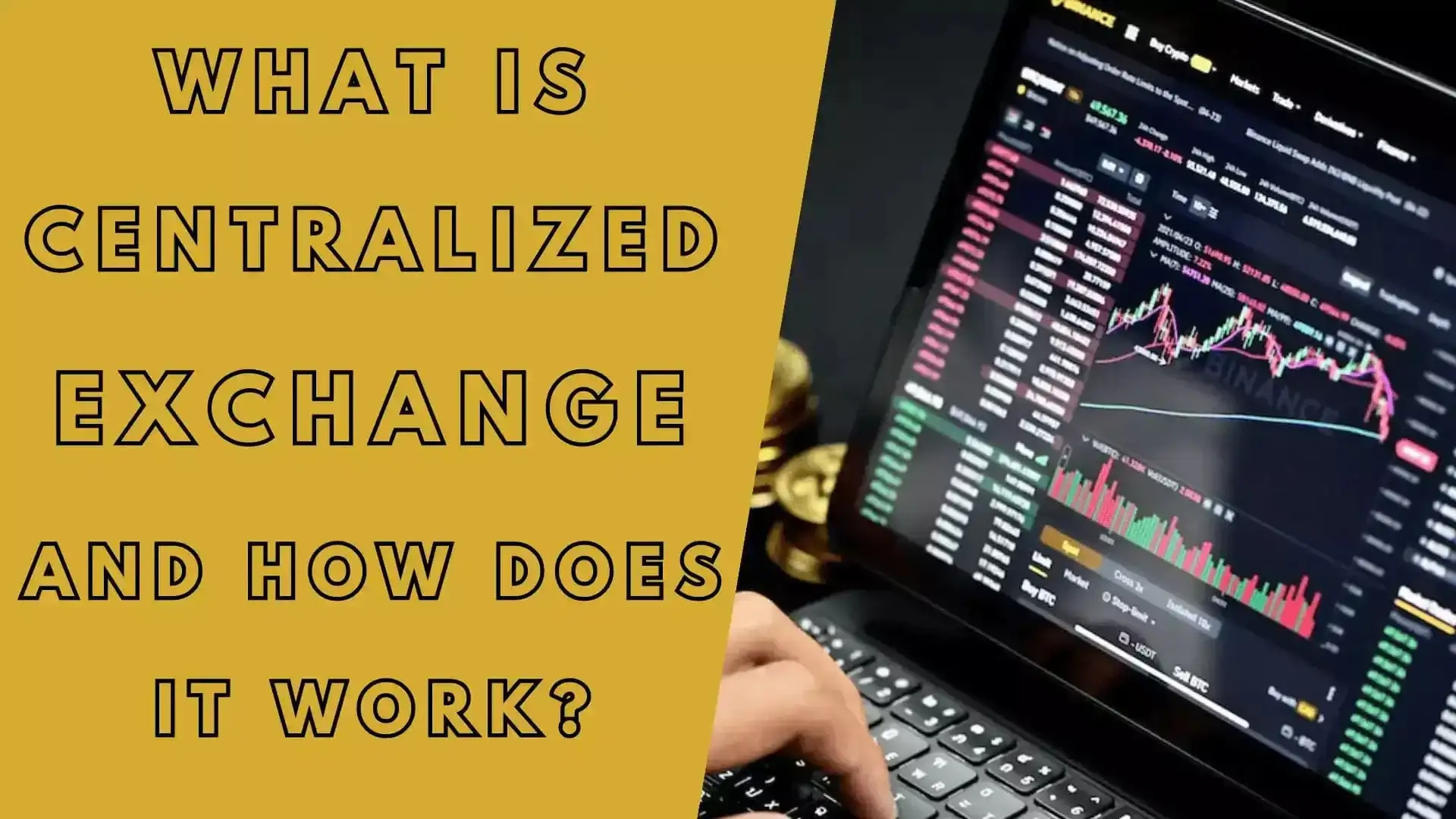A Simple Introduction to Dark Pools: Examples in Crypto and Stocks

Posted on 28 Feb 2025
In the intricate world of financial markets, dark pools have emerged as significant players, especially in the realms of stock trading and, more recently, cryptocurrency markets. This article delves into the concept of dark pools, their function, and provides examples from both stock and crypto markets.
What Are Dark Pools?
Dark pools are private financial forums or alternative trading systems where investors, typically institutional, can trade securities without the details of their orders being publicly disclosed until after the trades are executed. This anonymity helps in reducing market impact, especially for large orders, by preventing significant price movements that could occur if such orders were made public.
Dark Pools in Stock Markets
In traditional stock markets, dark pools have been operational for several decades. They allow institutional investors to execute large block trades without revealing their intentions to the broader market, thus minimizing potential adverse price movements. For example:
- Crossing Networks: These are a type of dark pool that match buy and sell orders electronically without routing them to public exchanges. They help in executing large orders without impacting the public quote and avoid market impact. Examples include ITG's POSIT and Liquidnet.
Recent Developments in Stock Market Dark Pools
Recent trends indicate a shift towards more transparent trading venues. For instance, Euronext plans to introduce a liquidity incentive program to support its dark pool, Euronext Mid-Point Match, which has struggled to capture a significant market share since its launch in April 2024. This program aims to encourage more activity on the platform by providing financial incentives such as rebates on trading and clearing fees for market makers.
Dark Pools in Cryptocurrency Markets
The cryptocurrency market, known for its volatility and liquidity challenges, has also seen the emergence of dark pools. These platforms cater to institutional investors looking to execute large trades without causing significant price fluctuations. For example:
- Over-the-Counter (OTC) Desks: Many crypto exchanges and financial institutions offer OTC services that function similarly to dark pools, allowing large-volume trades to be conducted off the public order books, thereby minimizing market impact.
Recent Developments in Crypto Dark Pools
As the cryptocurrency market matures, the demand for institutional-grade trading platforms, including dark pools, has increased. This growth is driven by the need for privacy and reduced market impact for large trades. However, specific recent developments in crypto dark pools are less documented compared to traditional finance.
Advantages and Disadvantages of Dark Pools
Advantages
- Reduced Market Impact: Large orders can be executed without causing significant price movements.
- Anonymity: Traders can maintain confidentiality, protecting their trading strategies.
- Lower Transaction Costs: By avoiding public exchanges, traders might incur lower fees.
Disadvantages
- Lack of Transparency: The non-public nature of dark pools can lead to information asymmetry, potentially disadvantaging retail investors.
- Price Discovery Issues: With a portion of trading happening off-exchange, the overall market may not reflect the true supply and demand dynamics.
Conclusion
Dark pools play a pivotal role in both traditional and cryptocurrency markets by offering venues for large trades to be executed with minimal market disruption. While they provide benefits like reduced market impact and enhanced privacy, concerns about transparency and fair price discovery persist. As financial markets evolve, the dynamics and regulations surrounding dark pools will likely continue to adapt, balancing the needs of institutional and retail investors alike.





